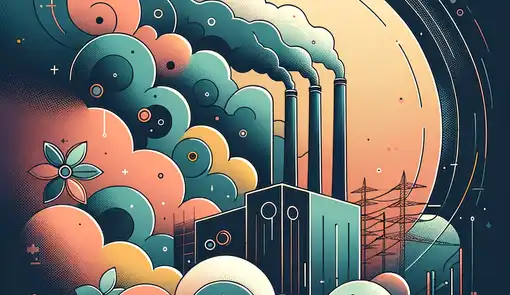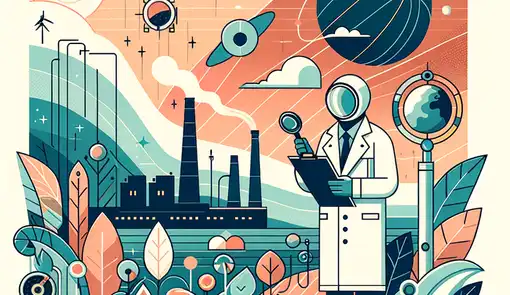INDUSTRY INSIGHTS
Environmental Industry
Learn more about the Environmental industry, read our articles and explore the job roles.
Latest Articles
Job Roles in Environmental
Environmental industries focus on sustainability, conservation, and protection of the environment.



































































































